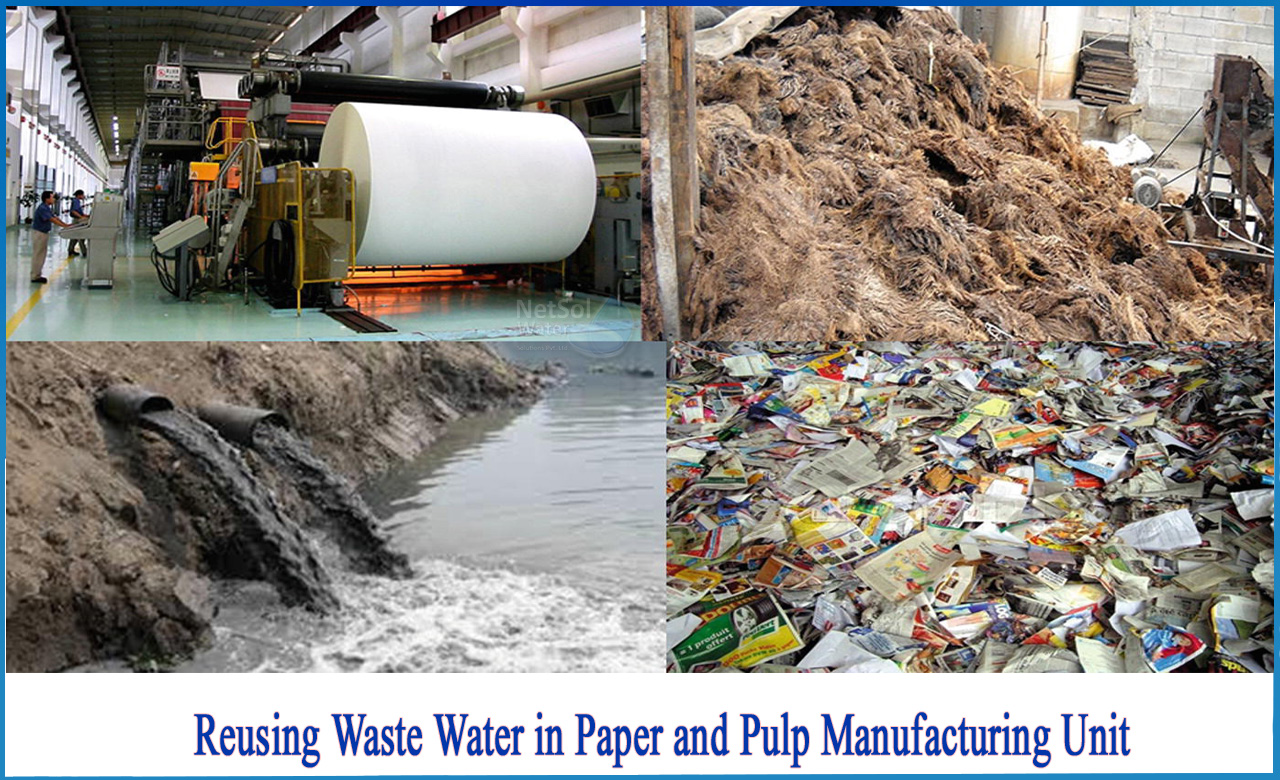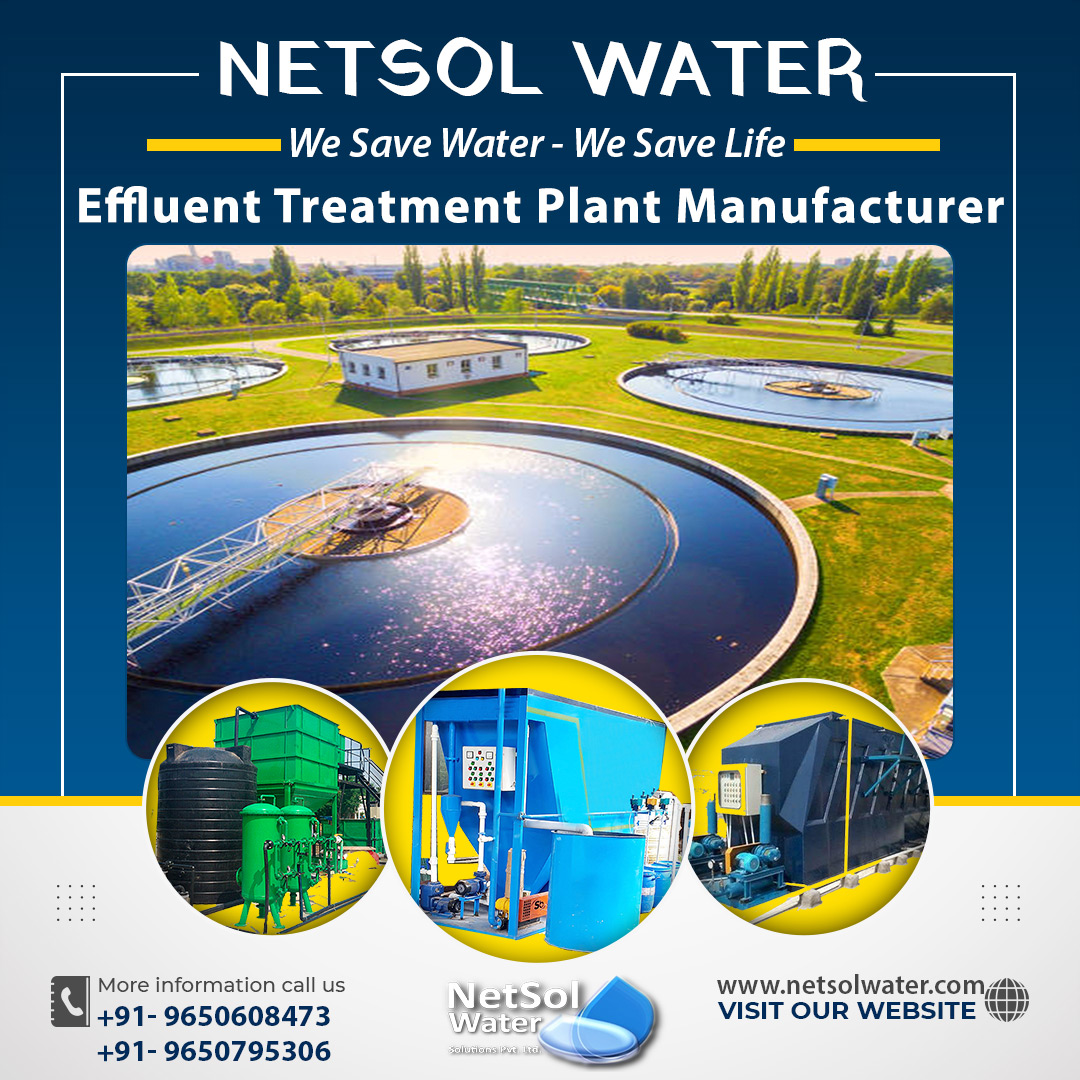How to reuse Waste water in Paper and Pulp manufacturing unit?
Water is required in almost every step of the pulp and paper manufacturing process, whether the facility is digesting wood chips, making fibre slurries, or washing machinery and rollers.
Despite significant progress over the years, increasing pressure on fresh-water availability, and increased calls to further decrease water usage, paper mills have been under increasing pressure to address their processes and ensure they are efficient enough to reduce waste.
Obtaining fresh water from and disposing of wastewater to local sources such as lakes and rivers, as well as publicly owned treatment works (or POTWs), can be extremely costly; resources are becoming increasingly scarce. Mandated wastewater disposal regulations are also becoming more stringent, and if your facility is unable to treat its wastewater to federal and local standards, it will incur additional fees and may lose its ability to use that source.
For all of these reasons and more, pulp and paper companies are adjusting their goals to be more environmentally conscious, to be better stewards of the available natural resources that are frequently shared with their local communities, and to ensure their businesses can adapt to an everchanging landscape.
Technologies used in waste water treatment:
The following are a list of common technologies used in a wastewater treatment train to recycle water for reuse:
• FILTRATION: these technologies, which consist of media and/or membrane filtration units, are used to remove particulate solids from waste streams.
•BIOLOGICAL TREATMENT: a collection of technologies used to break down and/or remove biodegradable solids.
•ION EXCHANGE AND RO: a group of resin and membrane technologies used to selectively remove dissolved ionic contaminants.
• DISTILLATION: a heat-driven separation process used to separate liquid components of a mixture, commonly used for industrial solvent recovery.
Even though industrial waste streams typically contain a wide range of contaminants, wastewater treatment trains typically combine a number of these techniques to ensure that the treated stream is suitable for intended applications or discharge.
Regular maintenance of water equipment:
One of the most important ways industrial facilities in the pulp and paper industry can reduce their water usage is to keep water-centric machinery in good working order.
• Check and replace spray nozzles on regular basis:As they're used, the holes can grow in size, allowing more water to pass through with less pressure.
• replace ageing infrastructure: As a facility's pipelines, pumps, and water treatment systems age, their ability to process and hold water efficiently can cause a high level of water loss and, in some cases, an overuse of energy.
• prioritize boiler maintenance and feed water treatment: Ensuring boiler water is properly treated will not only protect your facility's equipment, but replacing older, inefficient technologies with newer, more efficient ones (such as ion exchange) will help your facility reduce its water-usage footprint.
Make the water audit:
A good starting point is to have your facility's current water use evaluated. Water use audits are essential for understanding how water is used at your facility and identifying opportunities to reduce consumption. While some facilities conduct internal water use audits, hiring a water treatment professional could provide a more in-depth understanding of your water usage due to greater access to industrial benchmarking data and knowledge of appropriate treatment technologies. Furthermore, because water-use audits quantify water consumption and waste, they provide valuable data that can be used to support initiatives aimed at conserving water through behavioural or cultural changes.
Conclusion
Since India advances toward becoming a developed nation, it is constantly confronted with the issue of deteriorating environmental conditions. The rapid growth of industry has resulted in an increase in the number of pollutants in our atmosphere. One of the most important resources for survival is water. As a result, failing to take this situation seriously may land us in hot water. Natural contaminants such as human and animal waste can be treated by nature. Nevertheless, in today's world, large amounts of wastewater cannot be managed solely by nature.
For more details, contact Netsol Water.




